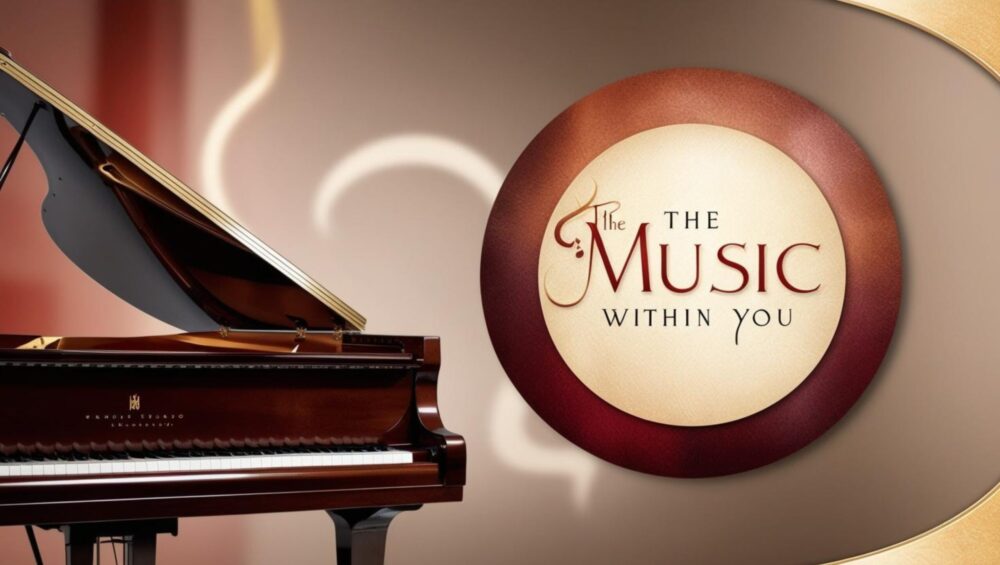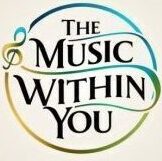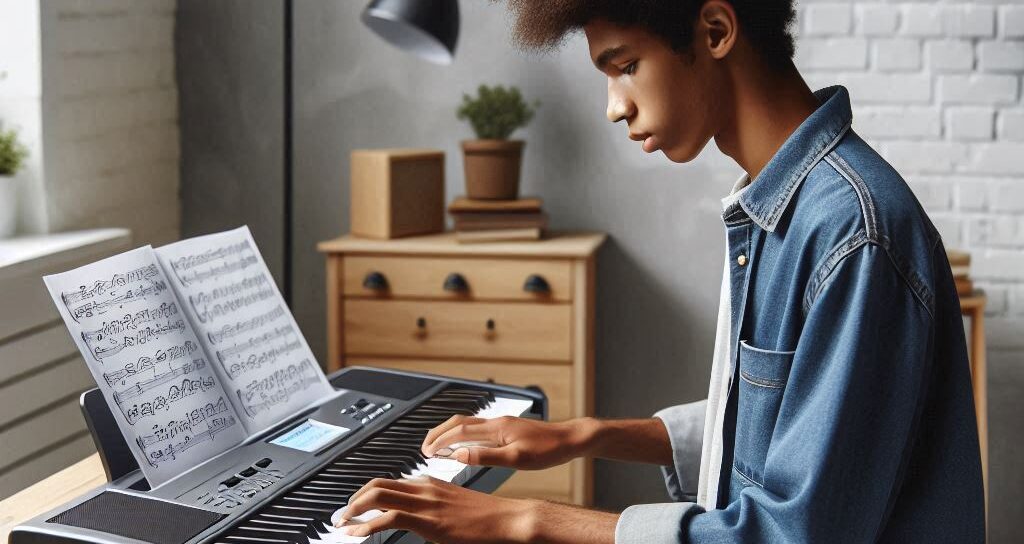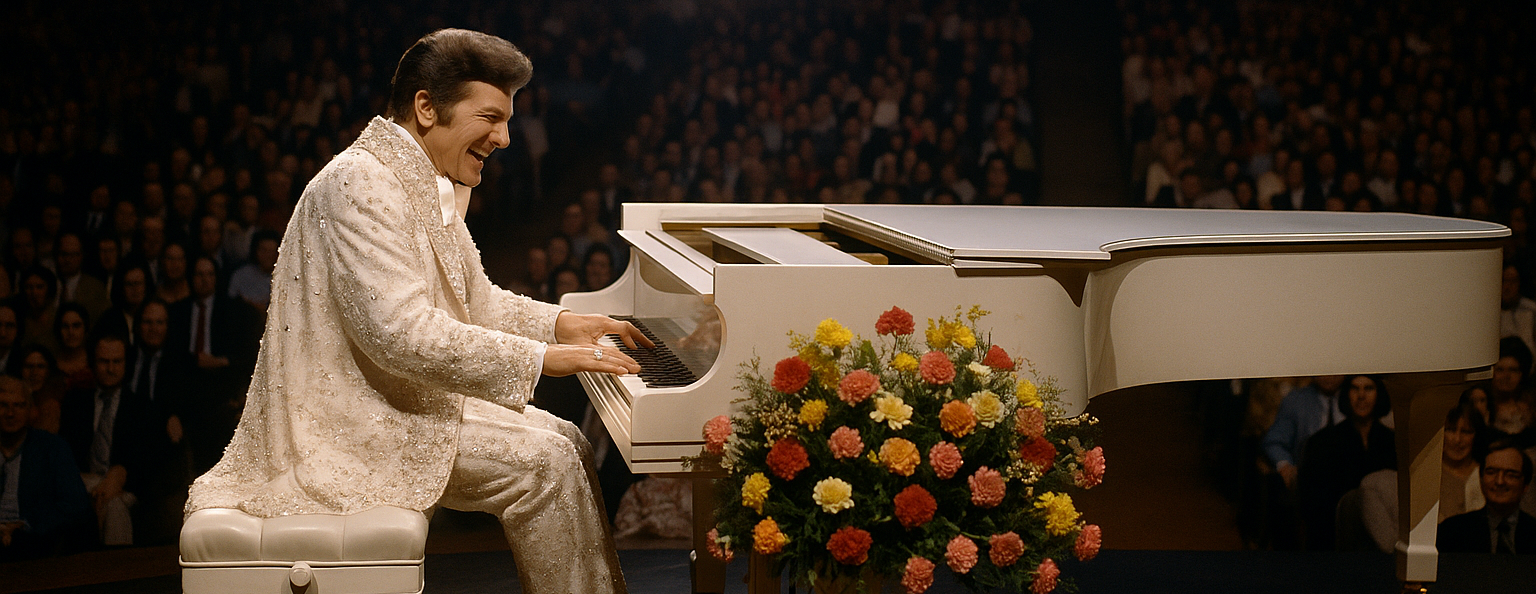Cracking open the lid on a piano isn’t just about scales and practicing that same piece a million times. There’s a whole world of creativity and mental wellness hidden behind those keys. Think of it as a workout for your brain and soul.
When your fingers hit the keys, it’s like giving your brain a little workout. You’re not just learning how to play a tune; you’re boosting your memory and concentration. Every piece you master strengthens your brain muscles, helping you focus better, whether you’re in school, at work, or just navigating the day-to-day.
Playing the piano can be a serious stress buster. Imagine coming home after a rough day and being able to let it all out through your music. You channel your feelings into something beautiful. It’s art, therapy, and a little bit of magic therapy rolled into one.
Don’t forget the creativity factor. Piano playing is like opening a door to a world where creativity flows without limits. You’re not just playing notes; you’re telling a story, expressing emotions, and even discovering parts of yourself you didn’t know existed. Whether you’re into classical or jazz, you’re shaping your unique musical voice.
So if you’re toying with the idea of jumping on the piano bandwagon, know that it’s about much more than notes. It’s your ticket to unlocking endless creativity and giving your brain and heart a much-needed emotional breather.
The Musical Foundation: Building Skills that Transcend Instruments
Playing the piano builds a solid musical foundation. It’s like learning the alphabet before writing a poem. Once you get the basics of harmony and melody down, you’ve got this amazing toolkit that opens doors to different instruments and genres.
The coordination you gain from playing is off the charts. Your hands get this nifty ability to work together while doing totally different things, which is a pretty useful skill whether you’re drumming, plucking guitar strings, or fiddling with a violin.
Rhythm and timing are another big win. You learn how to keep a beat and feel the pulse of the music, essential whether you’re playing solo or jamming in a band. This rhythmic awareness enhances your musical presence, making you a more dynamic performer.
And don’t underestimate the power of pattern recognition. Those black and white keys teach you to identify and internalize musical patterns, helping you tackle complex pieces with ease and adapt quickly to new music challenges.
Getting the hang of these skills on the piano sets you up for success, no matter what musical path you choose. It’s like setting a strong foundation for a house, ensuring everything built on top is sturdy and everlasting.
Taking the First Step: Starting with a 61 or 78 Key Electronic Keyboard
Jumping into the world of piano doesn’t mean you need to break the bank on a grand piano. Starting simple with a 61 or 78 key electronic keyboard is a fantastic first step. These keyboards are kinder on the wallet, giving you the chance to test the waters without a huge financial commitment.
The compact size is a big win—especially if you’re tight on space. You can set up your keyboard just about anywhere, whether it’s a tiny apartment or a home office. Plus, many models are light enough to take to lessons or jam sessions.

These keyboards come loaded with features that make learning super engaging. Many have built-in metronomes, teaching modes, and even connection options for headphones—ideal for practicing without disturbing the neighbors.
Before jumping headfirst into the deep end with a full-size piano, an electronic keyboard gives you a taste of what playing piano is like. You’ll get a feel for the instrument and find out if it’s your cup of tea, developing basic skills you can take further if you decide to commit to learning full-time.
So if you’re on the fence about playing piano, a 61 or 78 key keyboard is a low-commitment way to bring music into your life, opening up wonderful opportunities for learning and creativity.
Long-term Benefits of Piano Learning: A Musician’s Companion
Learning piano is a lifelong gift that keeps on giving. It’s not just a starting point—it’s a versatile companion for any musician’s journey. The skills you pick up from those keys translate into many areas of your musical life.
Thinking about composing your tunes? The piano offers a fantastic platform for exploring music creation. Its wide range of notes and dynamic expression can help bring your compositions to life with richer melodies and harmonies.
The discipline and patience you cultivate as you master the piano are invaluable. It teaches you to set goals, practice regularly, and tackle challenges with persistence. These attributes go beyond playing music, influencing how you approach learning new instruments and tackling other life projects.
Socially, the piano opens doors to a community of musicians. Whether you’re performing at a local event, collaborating with others, or simply sharing your music online, it connects you with fellow enthusiasts, creating opportunities for growth and camaraderie.
Ultimately, the piano isn’t just an instrument but a lifelong ally in your musical adventures. Its benefits extend far beyond the keys, infusing your life with creativity, discipline, and a sense of belonging in the world of music.





